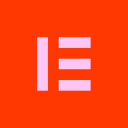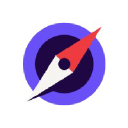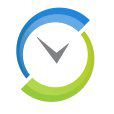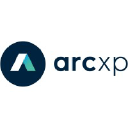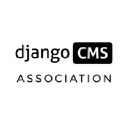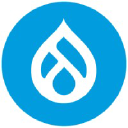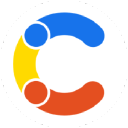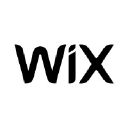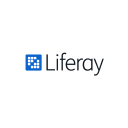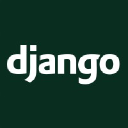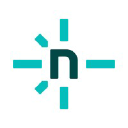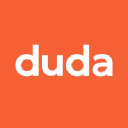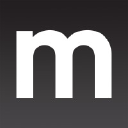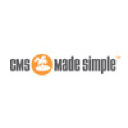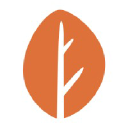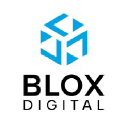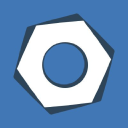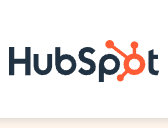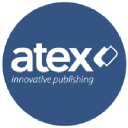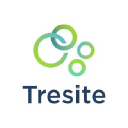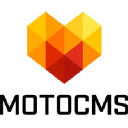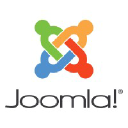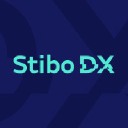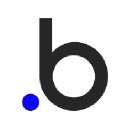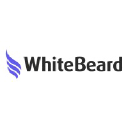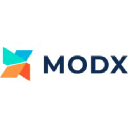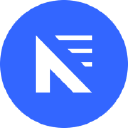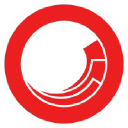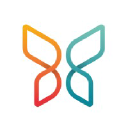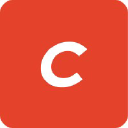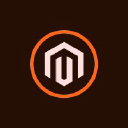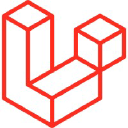
Laravel
Laravel: The PHP Framework for Web Artisans
Laravel is a free, open-source PHP web application framework designed to make developing web applications easier and faster. It follows the model-view-controller (MVC) architectural pattern and is known for its expressive, elegant syntax.
Key Features of Laravel
- Blade Templates: Laravel's native templating engine that allows you to use plain PHP code in your views.
- Eloquent ORM: An object-relational mapper that makes it easy to interact with databases using an expressive, intuitive syntax.
- Database Migrations: Version control for your database schema, allowing your team to modify and share the application's database schema.
- Authentication: Laravel provides a simple way to organize authorization logic and control access to resources.
- Testing: Built-in testing support and included testing tools help you write and run tests for your application.
- Artisan Console: A command-line interface that provides helpful commands for your application during development.
Why Choose Laravel?
- Laravel is designed to be both powerful and accessible, providing tools needed for large, robust applications while remaining simple and expressive.
- It aims to make the development process a pleasing one for the developer without sacrificing application functionality.
- Laravel combines the best packages in the PHP ecosystem to offer the most robust and developer-friendly framework available.
Laravel Ecosystem
Laravel offers a wide range of tools and services to enhance your development experience:
| Tool/Service | Description |
|---|---|
| Forge | Server management tool that provides an easy way to deploy and manage PHP applications on various cloud providers. |
| Envoyer | Deployment tool for PHP applications that offers zero-downtime deployments, queued deployments, and rollbacks. |
| Vapor | Serverless deployment platform for Laravel that allows you to build robust cloud-native applications while enjoying the productivity benefits of Laravel. |
| Horizon | A beautiful dashboard and code-driven configuration for your Laravel powered Redis queues. |
| Nova | A beautifully-designed administration panel for Laravel applications that offers a responsive, unified interface for managing your application's underlying data and relationships. |
| Echo | A broadcasting tool that allows you to easily leverage WebSockets and power real-time, event-driven applications. |
| Cashier | Provides an expressive, fluent interface to Stripe's and Paddle's subscription billing services. |
| Dusk | An expressive, easy-to-use browser automation and testing API for your applications. |
| Sanctum | A featherweight authentication system for SPAs (single-page applications), mobile applications, and simple, token-based APIs. |
| Telescope | A debug assistant for Laravel applications that provides insight into the requests coming into your application, exceptions, log entries, database queries, queued jobs, mail, notifications, cache operations, scheduled tasks, variable dumps, and more. |
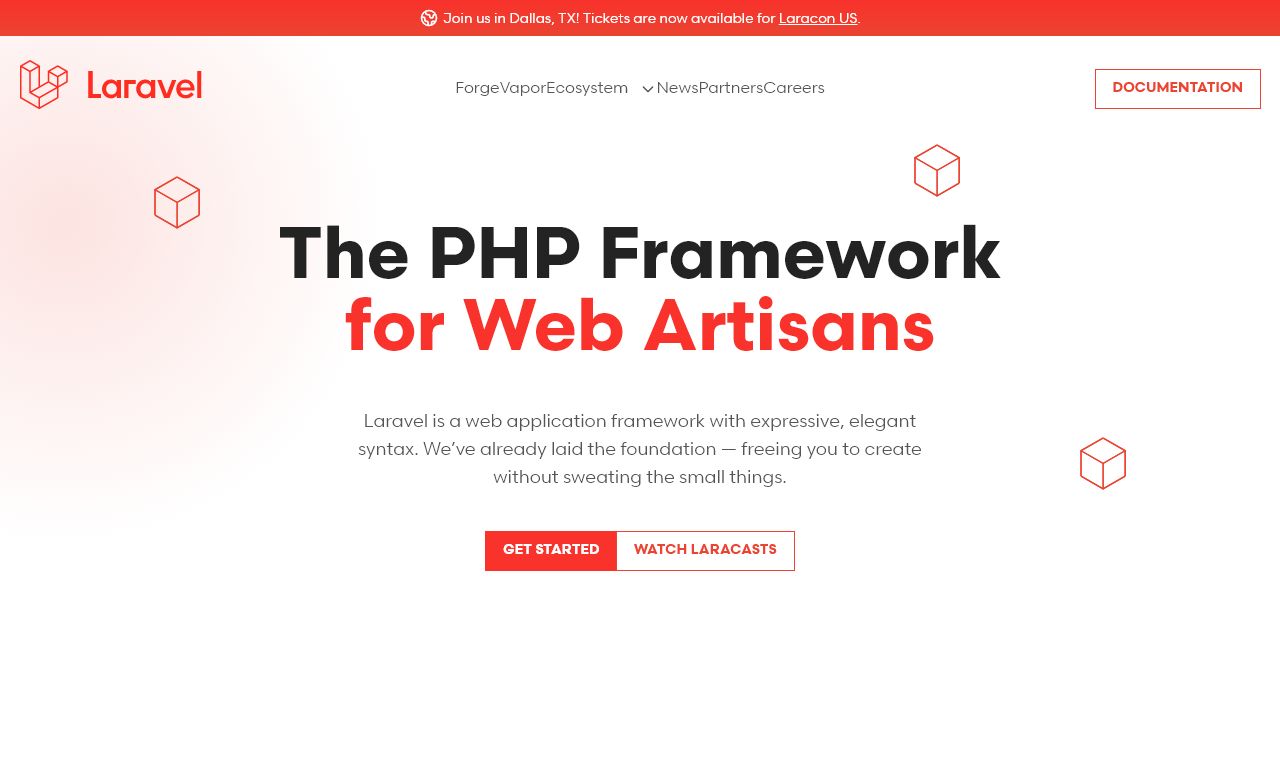
Laravel
Laravel, while not traditionally considered a CMS, is a powerful PHP framework that can be used to build custom content management systems.
This review explores Laravel's capabilities as a foundation for creating robust and flexible CMS solutions.
1. Overview and purpose of the CMS
Laravel is a free, open-source PHP web framework designed for building web applications following the model–view–controller (MVC) architectural pattern.
While not a CMS out-of-the-box, Laravel provides a solid foundation for developers to create custom CMS solutions tailored to specific needs.
Its primary purpose is to offer a robust set of tools and features that simplify the development process and promote best practices in web application development.
2. User interface and ease of use
Laravel itself doesn't come with a pre-built user interface for content management, as it's a framework rather than a complete CMS.
However, developers can create intuitive and user-friendly interfaces using Laravel's powerful templating engine, Blade, and front-end libraries like Vue.js or React.
The ease of use for end-users depends entirely on the custom implementation built on top of Laravel.
3. Content creation and editing tools
Laravel provides a solid backend infrastructure for building content creation and editing tools.
Developers can leverage Laravel's Eloquent ORM to create database models for various content types and implement CRUD (Create, Read, Update, Delete) operations.
Popular packages like Spatie Media Library can be integrated to handle file uploads and media management.
4. Asset management capabilities
Laravel offers built-in support for asset management through its Mix (now Vite) compilation tool.
This feature allows for easy compilation, minification, and versioning of CSS and JavaScript files.
For more advanced asset management, developers can integrate third-party solutions or create custom implementations to suit specific needs.
5. Customization and extensibility options
As a framework, Laravel excels in customization and extensibility, offering unparalleled flexibility for developers.
The framework's modular architecture allows for easy integration of custom modules and packages.
Laravel's Composer dependency manager enables seamless incorporation of thousands of open-source packages to extend functionality.
6. SEO features and optimization tools
Laravel doesn't include built-in SEO features, but developers can easily implement SEO best practices in their custom CMS solutions.
Popular packages like SEO Tools for Laravel can be integrated to manage meta tags, sitemaps, and other SEO elements.
Custom implementations can include features like URL slugs, canonical URLs, and structured data markup.
7. Security measures and user management
Laravel provides robust security features out of the box, including:
- CSRF protection
- XSS prevention
- SQL injection protection
- Password hashing
The framework also offers a comprehensive authentication system and user management capabilities through its Auth scaffolding.
Additional security packages like Spatie Laravel Permission can be used for fine-grained access control.
8. Performance and scalability
Laravel is known for its excellent performance and scalability capabilities.
The framework includes built-in caching mechanisms, database query optimization, and support for various caching backends like Redis and Memcached.
Laravel's Queues feature allows for efficient handling of time-consuming tasks, improving overall application performance.
9. Integration with third-party tools and services
Laravel offers seamless integration with a wide range of third-party tools and services through its extensive ecosystem of packages.
Popular integrations include:
- Payment gateways (Stripe, PayPal)
- Email services (Mailgun, SendGrid)
- Analytics tools (Google Analytics)
- Cloud storage services (AWS S3, Google Cloud Storage)
The framework's Service Container and Facades make it easy to incorporate and manage these integrations.
10. Pricing and support options
Laravel is a free, open-source framework with no licensing costs.
Support options include:
- Extensive official documentation
- Active community forums and
11. Mobile responsiveness and multi-device support
Laravel provides a solid foundation for building mobile-responsive and multi-device compatible applications.
Developers can leverage popular CSS frameworks like Bootstrap or Tailwind CSS to create responsive layouts.
Laravel's Blade templating engine allows for easy creation of adaptive views that adjust to different screen sizes and devices.
12. Multilingual capabilities and localization features
Laravel offers built-in support for multilingual applications through its localization features.
The framework's translation files make it easy to manage and switch between different languages.
Developers can implement advanced localization using packages like Laravel Localization for URL-based language switching.
13. Workflow management and collaboration tools
While Laravel doesn't include built-in workflow management, developers can create custom solutions tailored to specific needs.
Integration with version control systems like Git facilitates collaboration among development teams.
Packages like Laravel Telescope can be used to monitor and debug application workflows.
14. Version control and content revision history
Laravel doesn't provide native version control for content, but developers can implement custom solutions.
Packages like Revisionable can be used to add revision history to Eloquent models.
Custom implementations can include features like content drafts, scheduled publishing, and rollback functionality.
15. Analytics and reporting functionalities
Laravel allows for easy integration with various analytics and reporting tools.
Developers can implement custom analytics using Laravel's Query Builder and Eloquent ORM for data retrieval and processing.
Popular packages like Spatie Laravel Analytics can be used to integrate Google Analytics data into Laravel applications.
16. E-commerce capabilities
While not an e-commerce platform by default, Laravel can be used to build robust online stores.
Developers can integrate popular e-commerce packages like Sylius or Bagisto for advanced e-commerce functionality.
Laravel's flexibility allows for custom implementation of features like product management, shopping carts, and payment gateways.
17. Compliance with accessibility standards
Laravel doesn't enforce accessibility standards out of the box, but developers can implement WCAG compliance in their applications.
The framework's flexibility allows for easy integration of accessibility tools and best practices.
Developers can use packages like Accessible Laravel to enhance application accessibility.
18. Documentation and learning resources
Laravel boasts extensive official documentation that covers all aspects of the framework.
The Laracasts platform offers high-quality video tutorials and courses for Laravel developers.
Numerous books, blogs, and community resources are available for learning and mastering Laravel development.
19. Community support and ecosystem
Laravel has a large and active community of developers, with over 68,000 stars on GitHub as of 2023.
The Laravel.io forums and Larachat Slack community provide platforms for discussions and support.
The framework's ecosystem includes thousands of packages and tools available through Packagist.
20. Migration tools and processes from other platforms
Laravel doesn't offer built-in migration tools for other CMS platforms, as it's not a traditional CMS.
Developers can create custom migration scripts using Laravel's Artisan console and database migration features.
The framework's flexibility allows for tailored migration processes from various platforms to Laravel-based solutions.
In conclusion, Laravel provides a powerful and flexible foundation for building custom content management systems, offering developers the tools and freedom to create tailored solutions that meet specific project requirements.
Website:

